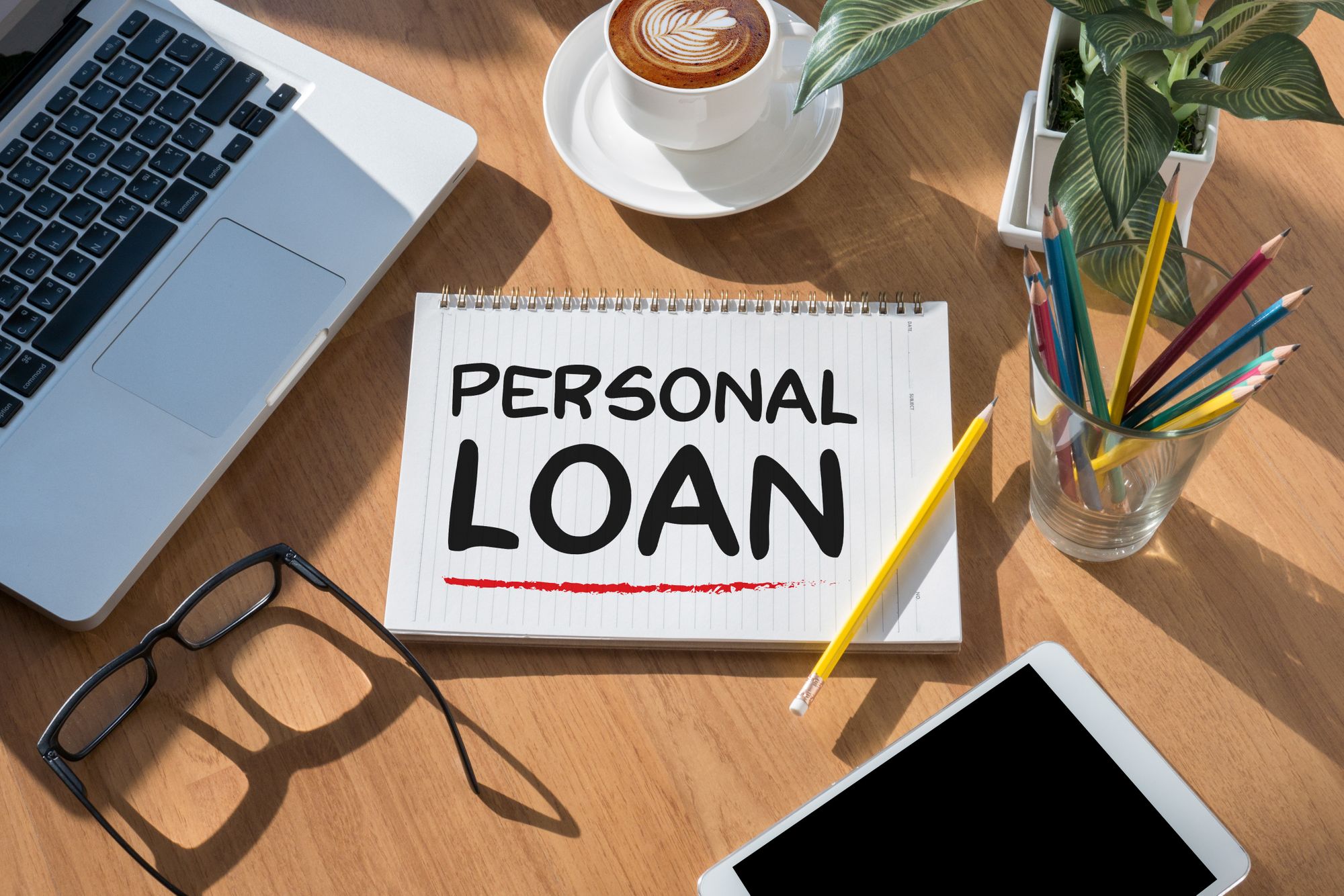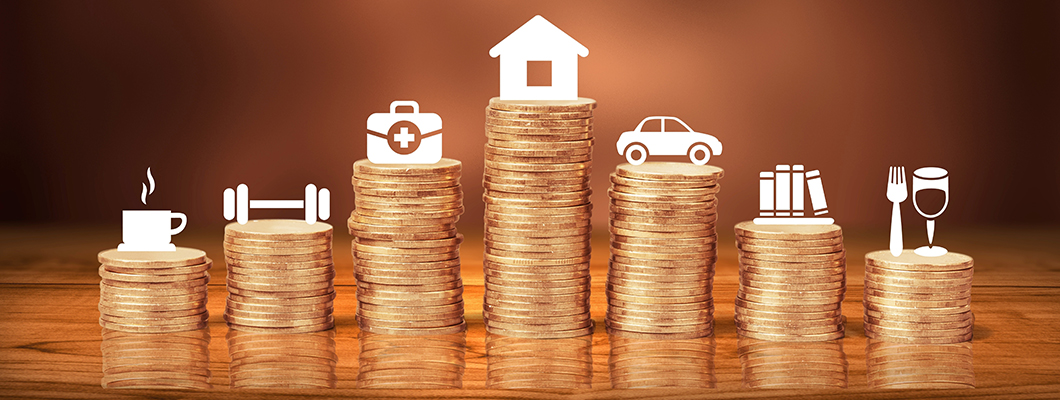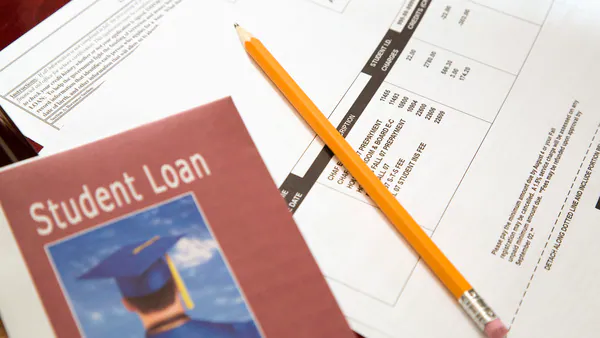In today’s world, personal loans have become a widely accessible financial tool, providing individuals with the ability to borrow money for a variety of purposes. Whether you’re planning to consolidate debt, finance a home improvement project, or cover unexpected expenses, a personal loan can help you achieve your financial goals. In this article, we will explore what a personal loan is, how it works, the different types of personal loans available, and how to determine if a personal loan is right for you. We will also provide answers to some frequently asked questions and offer key takeaways to guide your decision-making.
Key Takeaways
- Personal loans are unsecured loans that do not require collateral and can be used for various purposes.
- Your credit score is one of the most important factors in determining your eligibility and interest rate.
- Loan terms vary depending on the lender, so it’s important to compare offers before making a decision.
- Repayment plans usually involve fixed monthly payments that include both principal and interest.
- Be mindful of fees and potential penalties, including late fees or prepayment charges.
What Is a Personal Loan?
A personal loan is an unsecured loan that individuals borrow from financial institutions such as banks, credit unions, or online lenders. Unlike secured loans, which require collateral (such as a home or car), personal loans do not require any asset to secure the loan. This makes them a relatively low-risk option for borrowers since they don’t have to worry about losing property if they default on the loan. However, because personal loans are unsecured, lenders typically assess a borrower’s creditworthiness to determine eligibility and set the loan terms.
Personal loans are generally used for personal expenses, such as consolidating debt, paying for medical expenses, financing a large purchase, or covering wedding or vacation costs. The loan amount, interest rate, and repayment terms vary depending on the lender and the borrower’s credit history.
How Does a Personal Loan Work?
The process of obtaining and using a personal loan typically follows a few key steps:
- Loan Application:
To apply for a personal loan, you’ll need to fill out an application with a lender. This can often be done online, over the phone, or in person at a bank or credit union. The application requires personal information, such as your name, address, Social Security number, income, employment history, and any existing debts. Some lenders may also require additional documentation, such as bank statements, pay stubs, or tax returns. - Credit Assessment:
The lender will evaluate your creditworthiness by reviewing your credit report and credit score. Your credit score is a numerical representation of your credit history and financial behavior, with higher scores indicating better creditworthiness. Lenders use this information to determine your eligibility for the loan, as well as the loan’s interest rate and repayment terms. The better your credit score, the more favorable your loan terms are likely to be. - Loan Approval and Disbursement:
If you meet the lender’s requirements, you’ll be approved for the loan. After approval, the lender will disburse the loan amount to you. This can happen as quickly as the same day or within a few business days, depending on the lender. The loan amount is typically deposited into your bank account, and you can then use it for the intended purpose. - Repayment:
Personal loans are typically repaid in monthly installments over a set period of time, known as the loan term. The term usually ranges from one to seven years. Each payment consists of both principal (the original loan amount) and interest (the cost of borrowing). The interest rate is usually fixed, meaning it will remain the same for the duration of the loan. However, variable-rate personal loans may have fluctuating interest rates. At the end of the loan term, you are expected to have repaid the entire loan balance, including interest.
Types of Personal Loans

Personal loans come in various forms, each catering to specific financial needs. Here are the most common types of personal loans:
- Unsecured Personal Loans:
These loans do not require any collateral and are based on the borrower’s creditworthiness. Since there’s no collateral, unsecured loans typically come with higher interest rates. They are ideal for individuals who do not have valuable assets to secure the loan. - Secured Personal Loans:
Secured personal loans require the borrower to pledge an asset, such as a car or property, as collateral. These loans tend to have lower interest rates since the lender has a safety net in case of default. However, the risk is higher for borrowers, as they may lose their collateral if they fail to repay the loan. - Debt Consolidation Loans:
Debt consolidation loans are a type of personal loan used to combine multiple high-interest debts into one loan with a single monthly payment. This can make it easier to manage your debt and potentially reduce your overall interest rate. - Co-Signed Personal Loans:
A co-signed personal loan involves another person (a co-signer) agreeing to repay the loan if you default. Co-signers are usually individuals with strong credit histories who are willing to help you secure a loan. This option can be beneficial for those with poor or no credit, as the lender may be more willing to approve the loan based on the co-signer’s creditworthiness. - Payday Loans:
Payday loans are small, short-term loans that are typically due on your next payday. While they may seem like an easy solution to immediate financial problems, they often come with very high interest rates and fees. Payday loans should only be used in emergency situations, and borrowers should be careful to avoid falling into a debt trap.
Key Factors to Consider Before Applying for a Personal Loan
| Factor | Description | Why It Matters |
|---|---|---|
| Credit Score | A numerical value that represents your creditworthiness based on your credit history. | A higher credit score increases your chances of loan approval and results in lower interest rates. |
| Loan Amount | The amount of money you need to borrow for your personal expenses. | Ensure that the amount aligns with your financial needs and you can repay it comfortably. |
| Loan Purpose | The specific reason for which you are borrowing (e.g., debt consolidation, medical bills, home repairs). | Lenders may consider the purpose of the loan, especially for large amounts, and it may impact approval. |
| Repayment Terms | The length of time and schedule in which you will repay the loan, typically with fixed monthly payments. | Make sure the loan term suits your financial situation and that the monthly payments are affordable. |
| Interest Rate | The percentage charged on the loan, which can be fixed or variable. | A lower interest rate will reduce the overall cost of the loan, making it more affordable. |
| Fees and Costs | Fees such as origination fees, prepayment penalties, and late payment charges. | Hidden fees can significantly increase the cost of borrowing, so review the full loan agreement carefully. |
| Lender Reputation | The reliability and reputation of the lender, including customer reviews and ratings. | Choose a lender with a good track record for transparency, customer service, and fair practices. |
Before applying for a personal loan, it’s important to assess your financial situation and consider several key factors:
- Credit Score:
Your credit score plays a significant role in determining your eligibility for a personal loan and the interest rate you’ll receive. A higher credit score can help you secure a loan with better terms, while a lower score may result in higher interest rates or even loan denial. - Loan Amount and Purpose:
Determine how much money you need to borrow and for what purpose. Personal loans can be used for various reasons, but it’s important to ensure that the loan amount is appropriate for your needs and that you can realistically repay the loan. - Repayment Terms:
Review the loan’s repayment terms, including the loan term, interest rate, and monthly payments. Be sure that you can comfortably afford the monthly payments, as missing payments can result in penalties and damage to your credit score. - Lender’s Reputation:
Research potential lenders to ensure that they are reputable and trustworthy. Look for lenders with transparent loan terms, good customer service, and positive reviews from other borrowers. - Fees and Costs:
Some personal loans come with fees, such as origination fees, prepayment penalties, or late payment fees. Be sure to review the loan’s terms carefully to understand all associated costs.
Also Read: What Is a Home Loan and How Does It Work?
Conclusion
A personal loan can be a powerful financial tool when used responsibly. It offers flexibility in how you use the borrowed funds and can be a valuable resource for managing large expenses or consolidating debt. However, it’s important to understand the terms and conditions of the loan, including interest rates, repayment schedules, and any fees associated with the loan.
Before applying for a personal loan, carefully assess your financial situation, credit score, and ability to repay the loan. Compare different lenders to find the best loan for your needs, and ensure that you understand the full cost of borrowing.
FAQs
- What is the difference between secured and unsecured personal loans?
- A secured personal loan requires collateral (such as a home or car), while an unsecured loan does not. Secured loans typically have lower interest rates because they are less risky for lenders.
- How is my interest rate determined for a personal loan?
- Your interest rate is based on several factors, including your credit score, income, loan amount, and the lender’s policies. The better your credit, the lower your interest rate is likely to be.
- Can I apply for a personal loan with bad credit?
- Yes, it’s possible to apply for a personal loan with bad credit, but you may face higher interest rates or be required to secure the loan with collateral or a co-signer.
- How long does it take to get approved for a personal loan?
- The approval process can vary, but many lenders offer quick approvals, with funds disbursed within a few days of approval.
- Can I use a personal loan for anything?
- Personal loans are versatile and can be used for a variety of purposes, including debt consolidation, home improvements, medical expenses, and more.
- What happens if I can’t repay my personal loan?
- If you miss a payment, the lender may charge a late fee, and it could negatively impact your credit score. In severe cases, the lender may take legal action or sell the debt to a collection agency.
- Can I pay off a personal loan early?
- Some lenders allow early repayment without penalties, but others may charge prepayment fees. Be sure to check the terms of your loan before making early payments.




